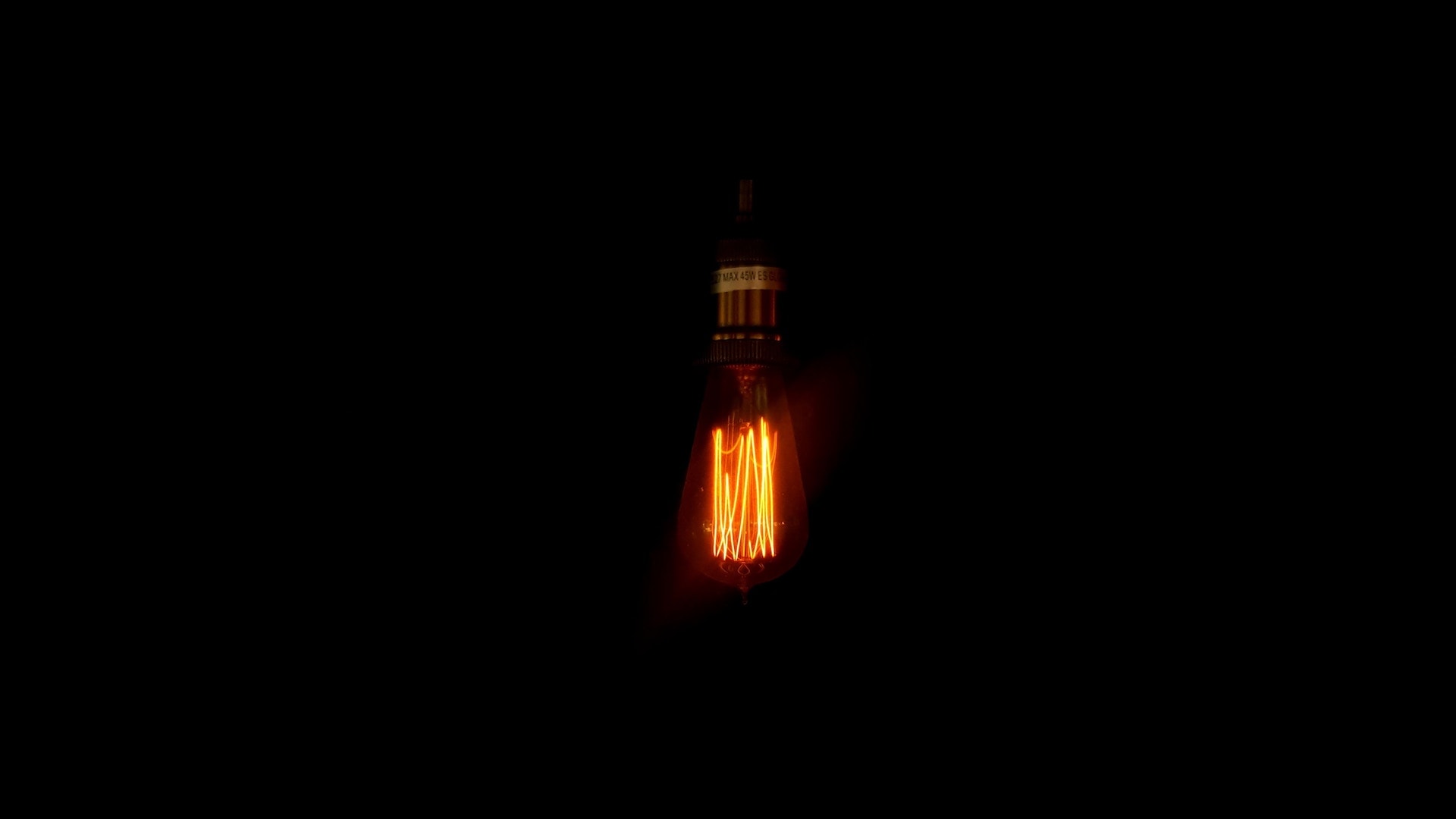It was in early 2020 that we first began to hear of this novel coronavirus that was sweeping through parts of China, then making the short hop to nearby Asian nations, then making the longer hop to not-so-nearby European nations. The reports out of China were alarming, the reports out of South Korea sobering, the reports out of Italy terrifying. Slowly and then all of a sudden it was in our countries, in our towns, at our doorsteps.
We are now into the second half of May and everything has changed. Or nearly everything, anyway. You can go to just about any store or restaurant at just about any point in the world and see these changes with your own eyes—the lines outside the shops, the empty shelves, the surgical masks, the social distancing dots. Three months ago we wouldn’t have believed it possible. Yet here we are.
What do we do now? There have been many calls in recent days for humanity to awaken to our power and potential. We can conquer the disease! We can go back to normal! We can establish a new and better normal! We can fix the economy! We can transform the economy! The calls come from every part of the ideological spectrum. No one ever wants to waste a crisis. But I’m convinced the crisis will be wasted if it doesn’t humble us. If it doesn’t force us to acknowledge our weakness. Our inability. Our lack of knowledge. Our lack of wisdom. We are so very weak, yet so very proud.
Consider: We still don’t know many of the most basic facts about the virus. We don’t know exactly where or how it originated. We don’t know all the ways it spreads. We don’t know how contagious it is. We don’t know if or how it is affected by light or heat. We don’t know if it is seasonal. We don’t know why some people remain asymptotic while others die. We don’t know what proportion of the population has already had it. We don’t know who has it now. We don’t know who is immune to it. We don’t know how to make a vaccine. We don’t know the best way to stop its spread. In fact, we don’t even know if stopping its spread is the best strategy.
When we have taken actions, we have inevitably taken many actions that will be judged wrong or unwise, even if they were understandable at the time. Concerned doctors at first rushed to put their patients on ventilators, but only later realized that ventilation often seemed to harm more than help. Hospitals cleared their wards, but then watched surprised as so many of them remained far below capacity while non-COVID patients languished in the absence of elective surgeries. Field hospitals were erected at great expense but then remained unused. Governments and health organizations assured us masks were useless in slowing the spread, then reversed course to tell us masks were actually essential. Politicians around the world enacted and enforced lockdowns, but these measures may have exacted nearly as high a cost when considered against economics and mental health. Governments have put their printing presses into action to create vast sums of money, not knowing how this will affect the current economy or how future generations will foot the bills.
For all of these questions and conundrums we may have personal answers or strong convictions based on our own reading of the news and our own interpretation of the data. But honesty ought to force us to admit that for so many of them we simply don’t have good answers and don’t have compelling solutions. We may never have them.
But so far the great story of COVID-19 is not one of wisdom or accomplishment or the triumph of the human spirit.
We haven’t only done badly, of course. There has been some triumph amidst all the sorrow, some heroism amidst all the pain, some bold decision-making amidst all the uncertainty. But so far the great story of COVID-19 is not one of wisdom or accomplishment or the triumph of the human spirit. The great story has been our lack of knowledge, our lack of wisdom, our lack of unity, our lack of resolve, our lack of accomplishment, our lack of good solutions.
And amidst all the lack, surely we should admit that we are weak and act weakly. Then, face to face with our weakness, surely we should echo the words of Solomon who once cried out for wisdom by admitting “I am but a little child. I do not know how to go out or come in.” Here before the coronavirus we do not know how to go out or come in—how to beat it or surrender to it, how to save lives or save the economy, how to love one another by staying apart or love one another by coming together. But there is one who does know, and humility is the key to his ear, the key to his heart, the key to his mind. For as that same Solomon later said, “When pride comes, then comes disgrace, but with the humble is wisdom” (Proverbs 11:2). Wisdom is there for those who will humble themselves enough to ask for it and receive it.










